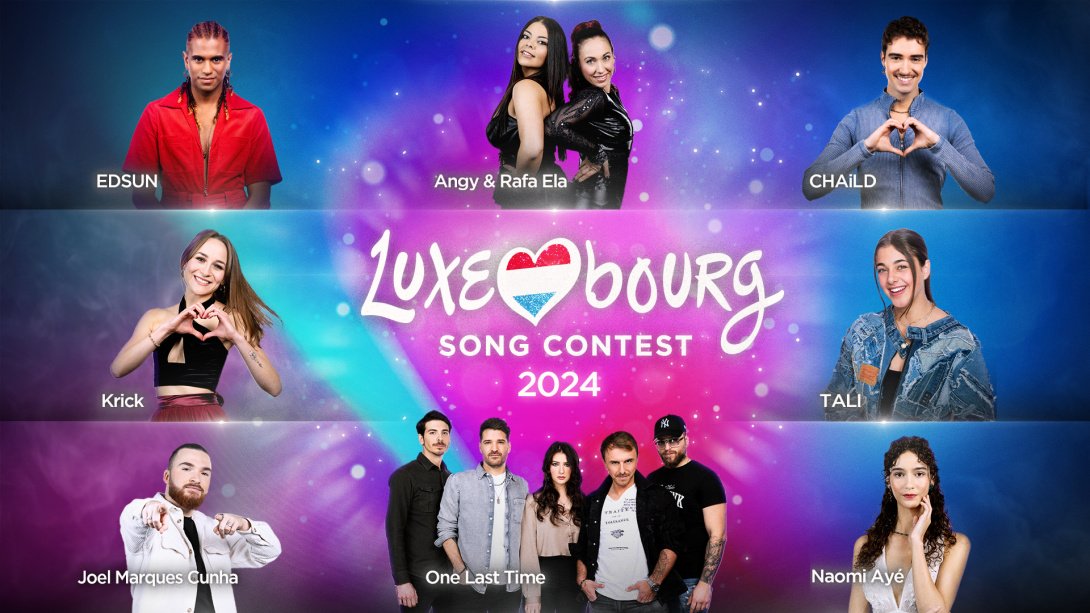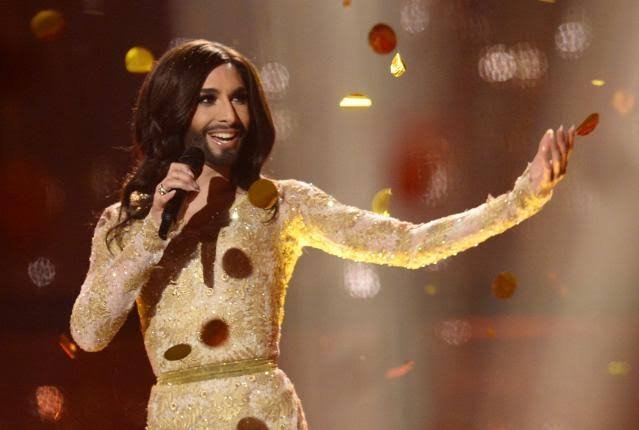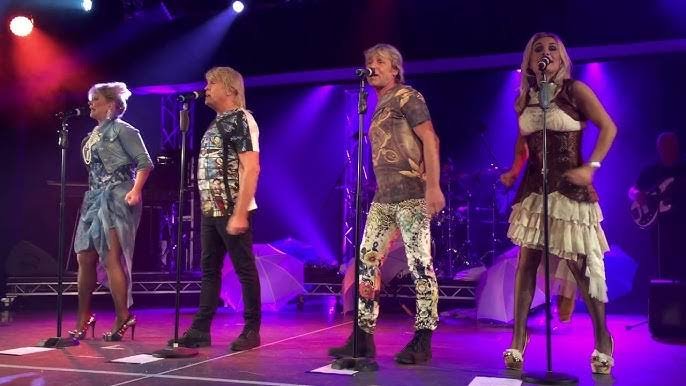
As Sweden prepares for the 2024 Eurovision Song Contest, here are some crucial aspects to consider:
- Location: The event will take place in Malmö, Sweden.
- Dates: The two semifinals are set for May 7 and 9, with the grand final on May 11.
- Participants: Musicians from 37 countries will compete for the continent’s pop title.
- History: Eurovision was founded in 1956 to promote unity following World War II and has since grown into a global celebration of pop music.
- Sweden’s Eurovision Legacy: Sweden is a Eurovision powerhouse, winning the competition seven times. This year represents the 50th anniversary of ABBA’s victory with “Waterloo” in 1974.
- Political Aspects: While Eurovision tries to be apolitical, concerns such as Russia’s ban since its 2022 invasion of Ukraine and petitions to omit Israel because to its actions in the conflict against Hamas have emerged.
The Eurovision Song Contest is a one-of-a-kind combination of music, spectacle, and, on occasion, politics, all bound together by the concept of celebrating diversity and the joyful force of pop. It’s a highly anticipated event that captivates the attention of millions throughout the world.
What is Eurovision?

The European Broadcasting Union (EBU) organizes the Eurovision singing Contest, an annual international singing competition. It comprises participants from predominantly European countries who each submit an original song to be sung live. The contest, commonly referred to as Eurovision, has been held since 1956 and is one of the world’s longest-running television shows.
Here is a basic summary of what Eurovision entails:
– Participants: Each participating country is represented by a single original song that is played live during the competition. As of 2023, more than 50 countries had participated at least once.
-Voting: Competing countries vote on each other’s songs to determine who wins. The voting mechanism assigns points to the top ten favorite songs from each country, depending on the opinions of music professionals and the general public.
– History: Eurovision, inspired by Italy’s Sanremo song Festival, was founded to bring countries together through song following World War II. It has now evolved into a platform for displaying a diverse spectrum of musical talents and genres.
– Cultural Impact: Eurovision has had a huge cultural impact, launching many artists’ careers and delivering memorable performances. Despite its apolitical attitude, it is recognized for its diversity, spectacular performances, and, on occasion, political comments.
– Expansion: Originally a single event, the tournament has now expanded to include semi-finals due to the growing number of participating countries. It currently covers non-European countries such as Israel and Australia.
Eurovision is renowned for its attitude of unity, diversity, and enjoyment of music across borders. It is a one-of-a-kind event that draws millions of people to witness a display of musical skill and ingenuity.
For more update follow official website of Eurovision.
Top 10 standout Eurovision performances?

Certainly! Eurovision has witnessed plenty of memorable performances over the years. Here are few that stick out.
- Lordi: “Hard Rock Hallelujah” (Finland, 2006). Lordi, a Finnish heavy metal band, grabbed the globe by storm with their unorthodox debut. They startled youngsters all over the world while performing in legendary masks and costumes, putting on an engaging and lavish display. Their success demonstrated that, isn’t just about mainstream music.
- Måns Zelmerlöw, “Heroes” (Sweden, 2015): Måns Zelmerlöw demonstrated Sweden’s mastery of pop music during his performance. With a David Guetta-esque offering of dance-pop, he sang on a dark stage behind a cartoon figure, scoring a record 149 points and ensuring Sweden’s victory.
- Duncan Laurence, “Arcade” (Netherlands, 2019): Duncan Laurence’s alt-pop song “Arcade” was a hit, giving the Netherlands their first win since 1975. The atmospheric vocal performance and accessible lyrics catapulted it to over one billion streaming across all platforms, making it the most-streamed song in history.
- Lena, “Satellite” (Germany, 2010): Lena’s eccentric and friendly personality dominated the show. With quirky changes of phrase and a mambo-style groove, “Satellite” won with 246 points.
- ABBA’s memorable performance of “Waterloo” (Sweden, 1974) catapulted them to superstardom following their victory. Those ensembles, as well as the captivating song, will be remembered throughout Eurovision history.
- Celine Dion, “Ne Partez Pas Sans Moi” (Switzerland, 1988): Celine Dion’s remarkable vocal performance, even though it was not in English, propelled her career to superstardom. She won the tournament for Switzerland and left a lasting impression.
- Verka Serduchka, “Dancing Lasha Tumbai” (Ukraine, 2007): Ukraine’s eccentric performance included tin-foil outfits, unusual dance techniques, and Verka Serduchka’s memorable presence. It was a great spectacle that kept the crowd entertained.
- Jedward, “Lipstick” (Ireland, 2011): The lively duo Jedward wore sparkly coats and sang their hearts out. Their performance may not have earned them a top rank, but it was unforgettable.
- Bucks Fizz: “Making Your Mind Up” (UK, 1981): Everything about Bucks Fizz’s performance was magical—the song, the dance, the clothing, and, of course, the classic skirt pull.
- Conchita Wurst, “Rise Like a Phoenix” (Austria, 2014): Conchita Wurst (aka drag queen Thomas Neuwirth) produced a show-stopping performance with an impactful message. The combination of theatricality and Conchita’s beard made it a event hit.

These performances demonstrate the variety and innovation that This event offers to the global stage.
For more interesting update follow our website.
